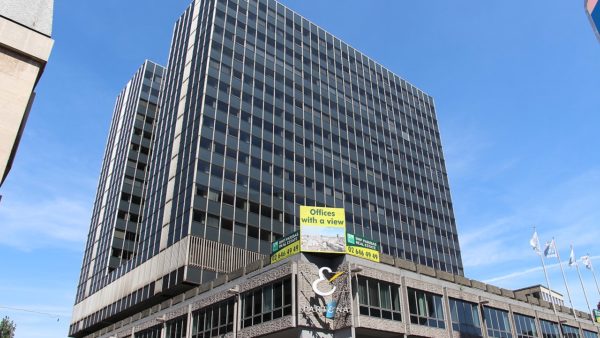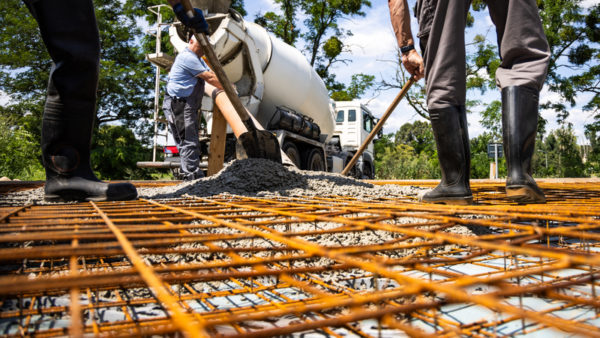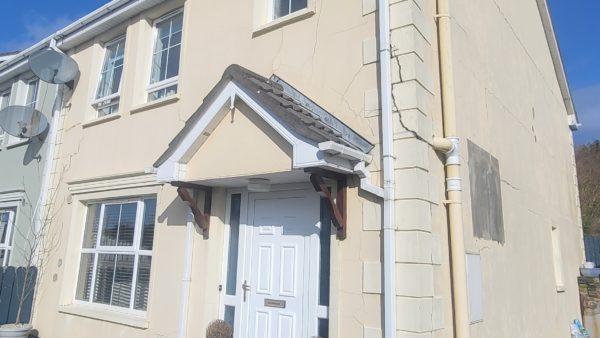Unhappy with China’s growing dominance in Asia, Africa and eastern Europe through infrastructure development, the European Union (EU) has criticised China’s Belt & Road Initiative (BRI), and has launched a plan of its own to connect Europe with the east.
Twenty-seven of 28 EU national ambassadors last month signed a report criticising the vast Chinese initiative for benefitting Chinese companies and Chinese interests, and for undermining principles of free trade through its lack of transparency in procurement.
The BRI, also known as the “new Silk Road”, was unveiled by Chinese President Xi Xinping in 2013. It envisions six infrastructure and economic corridors running through some 65 countries to expedite China’s trade with the west.
The ambassadors said BRI “runs counter to the EU agenda for liberalising trade and pushes the balance of power in favour of subsidised Chinese companies,” reported German newspaper Handelsblatt, which saw the document.
Hungary’s ambassador to the EU was alone in not signing it.
Hungary was the first European country to sign up to the BRI, in 2015, and has been in conflict with the EU over its plans for a Chinese-built and financed railway between its capital Budapest and the Serbian capital, Belgrade.
China’s influence has also extended recently to Croatia, an EU member. Its government has awarded the contract to build the 2.4km-long Peljesac bridge to a Chinese consortium, sparking a legal challenge by Austrian contractor Strabag, which claimed the Chinese bid was suspiciously low.
The ambassadors’ report, which Handelsblatt characterised as “unusually biting”, was compiled ahead of an EU-China summit in July. The European Commission, the EU’s executive body, is trying to forge a common EU stance on the BRI, the newspaper said.
Chinese infrastructure diplomacy typically involves loans to governments for major infrastructure projects, conditional upon one of China’s large state-owned construction companies carrying out the work. “This bilateral structure leads to an unequal distribution of power which China exploits,” the ambassadors’ report said.
“At the same time the initiative is pursuing domestic political goals like the reduction of surplus capacity, the creation of new export markets and safeguarding access to raw materials,” said the report.
Ambassadors warned that European companies would be excluded from BRI contracts without European principles of transparency in public procurement, as well as environmental and social standards.
The German government has been particularly critical of the BRI. A study it released in February with German chambers of commerce concluded that BRI projects took place most often in politically unstable countries with weak legal frameworks, reported Handelsblatt.
A plan of its own
Meanwhile, the EU has begun formulating a plan of its own to build infrastructure links to Asia.
The European Commission released a consultation document in February soliciting opinion on “an EU Strategy on Connecting Europe and Asia”, which is expected to become official EU policy by October.
It notes an Asian Development Bank estimate that Asia needs $26 trillion in infrastructure investment between now and 2030.
Without mentioning China, the document worries about “the proliferation of bilateral initiatives” which have “raised concerns about environmental, social, and fiscal sustainability and have at times contributed to state fragility in the Euro-Asian region”.
Separately, the International Monetary Fund’s managing director Christine Lagarde warned last month that BRI projects risked saddling developing countries with unsustainable debt.
The EU wants its Asia connectivity plan to have sustainable financing and to increase the resilience of countries involved, as well as providing opportunities for European companies to participate.
It is meant to give developing countries an alternative to China’s BRI, said Frans-Paul van der Putten, a senior research fellow at the Netherlands Institute of International Relations.
“The EU is unhappy that many countries in Asia and eastern Europe seem to regard China as the main source of investment in greater regional integration, whereas in the view of the EU it is itself a much larger actor in this regard,” he told the South China Morning Post.
Image: The Belt & Road Initiative (also known as the “new Silk Road”) envisions six infrastructure and economic corridors, running through some 65 countries, connecting China to the west (Wikimedia Commons)
Further Reading:
Comments
Comments are closed.











Again the EU/Western Europe is acting too late, we need to be more proactive, both to Chinese, Russian influence and initiatives.
Clearly what we observe is a readjustment policy. THE standard model of ruination and control thru megaprojects, banks, MNC’s,weak governance and debt especially directed at non-Latin cultures and the Third World has been well described by many, including whistleblower John Perkins who refers to the operation now of a global Empire he called the corporatocracy in achieving their objectives in unreconciled ruination. China obviously is part of this structure and equation and what we are observing are merely fine tuning of policies amongst powers who talk much, but which never in their existence had reconciliatory aspirations but indeed the opposite.
Europe haven’t even built a balkan corridor to connect the Eastern and southeast parts with the central Europe and it wants to compete with Chinese infrastructure and influence expansion, hahahaha & LOLz